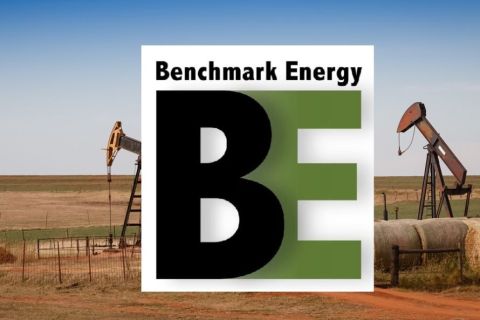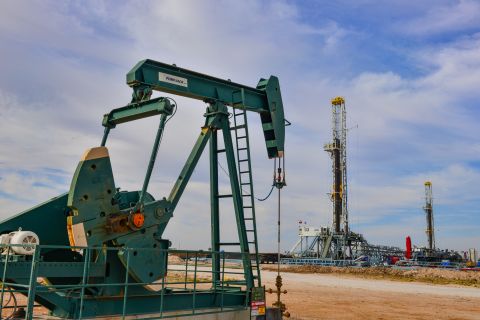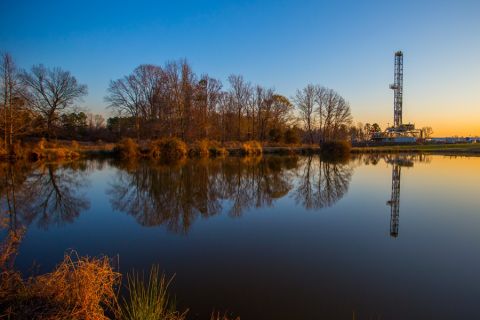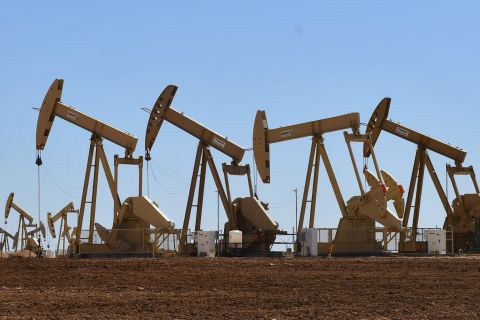The joint venture building the Mountain Valley natural gas pipeline from West Virginia to Virginia said on June 27 it still expects to complete the project in the second half of 2023 even though it asked regulators for four more years to complete the long-delayed project.
Mountain Valley—the only big gas pipe under construction in Appalachia—is one of several U.S. pipeline projects delayed by regulatory and legal fights with environmental and local groups that found problems with federal permits issued during President Donald Trump’s administration.
Mountain Valley on June 24 asked the U.S. Federal Energy Regulatory Commission (FERC) for the extension from October 2022 to October 2026 due to ongoing litigation and court remand proceedings related to several permits and authorizations.
In May, Equitrans Midstream, the lead partner building the project, said it expected the pipe to enter service in the second half of 2023 at a cost of around $6.6 billion.
When Mountain Valley construction started in February 2018, Equitrans estimated the 303-mile (488-km), 2 Bcf/d project would cost about $3.5 billion and enter service by late 2018.
Equitrans said the pipeline was “nearly 94%complete.”
Several agencies need to reissue permits, including FERC, the U.S. Fish and Wildlife Service (Biological Opinion), U.S. Army Corps of Engineers, U.S. Forest Service and Bureau of Land Management (Right-of-Way across Jefferson National Forest).
Many of those permits were vacated by the U.S. Court of Appeals for the Fourth Circuit - some more than once.
Last week, analysts at ClearView Partners said they expect federal agencies to finish their reviews by the end of 2022 with construction completion in early 2023.
Equitrans has a 47.8% ownership interest in Mountain Valley and will operate the pipeline.
Mountain Valley is owned by units of Equitrans, NextEra Energy, Consolidated Edison, AltaGas and RGC Resources.
Recommended Reading
Benchmark Closes Anadarko Deal, Hunts for More M&A
2024-04-17 - Benchmark Energy II closed a $145 million acquisition of western Anadarko Basin assets—and the company is hunting for more low-decline, mature assets to acquire.
‘Monster’ Gas: Aethon’s 16,000-foot Dive in Haynesville West
2024-04-09 - Aethon Energy’s COO described challenges in the far western Haynesville stepout, while other operators opened their books on the latest in the legacy Haynesville at Hart Energy’s DUG GAS+ Conference and Expo in Shreveport, Louisiana.
Mighty Midland Still Beckons Dealmakers
2024-04-05 - The Midland Basin is the center of U.S. oil drilling activity. But only those with the biggest balance sheets can afford to buy in the basin's core, following a historic consolidation trend.
Mesa III Reloads in Haynesville with Mineral, Royalty Acquisition
2024-04-03 - After Mesa II sold its Haynesville Shale portfolio to Franco-Nevada for $125 million late last year, Mesa Royalties III is jumping back into Louisiana and East Texas, as well as the Permian Basin.
Life on the Edge: Surge of Activity Ignites the Northern Midland Basin
2024-04-03 - Once a company with low outside expectations, Surge Energy is now a premier private producer in one of the world’s top shale plays.





